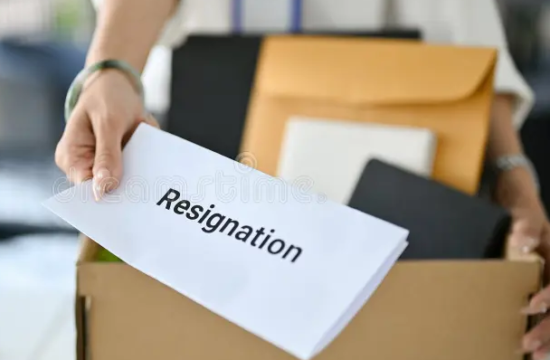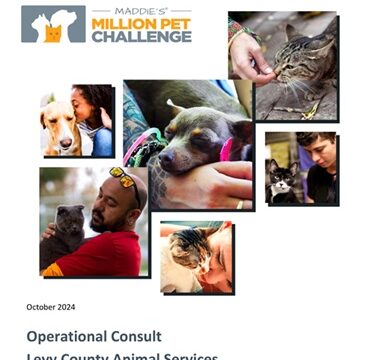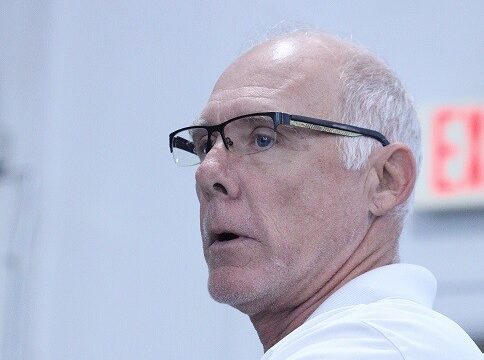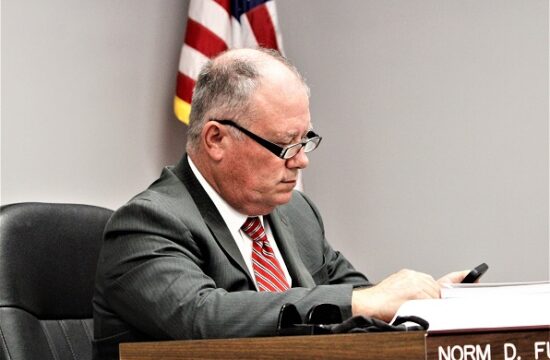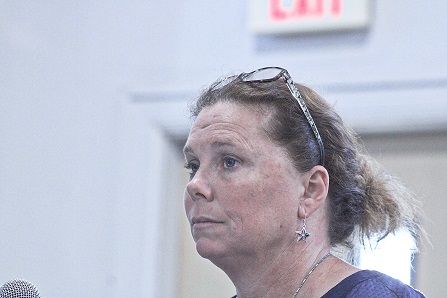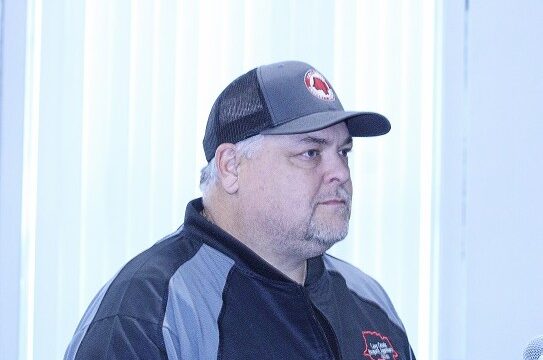By Terry Witt – Spotlight Senior Reporter
More than a few Levy Countians would love to build a wall along the southern border of the county to stop the Florida Turnpike Enterprise from extending the turnpike from Wildwood into Levy County.
It wouldn’t be legal, but it’s a thought.
The truth is the Florida Department of Transportation has been trying to extend the turnpike into Levy County since 1967 when then Gov. Claude Kirk put a stop to it.
In 1999 when the Florida Turnpike District, as it was called then, proposed building a turnpike through Levy County, the county and the City of Dunnellon objected. DOT made a ruling that the Levy County Comprehensive Plan provided no path for the road.
“At that time, that was enough to make a decision to abandon the project,” said Charles Lee of Florida Audubon, speaking at a Levy County Commission Farmland Preservation workshop on Tuesday in Bronson. DOT stopped its efforts to build the turnpike through Levy County.
State statutes have changed since then and the county’s comprehensive plan must make a finding that construction of the turnpike through Levy County would be in conflict with the rural nature of the county. The comprehensive plan must advocate for protection of the county’s vast forests, farms, rivers, wetlands, and green spaces.
“You really need to write into your plan a finding that a turnpike is not compatible with your agricultural, rural residential, forestry, conservation, and national reservation categories,” said Lee. “It’s no longer enough that your plan simply does not show a path for a toll road. You need to make a finding in your plan that you do not want a road.”
In Florida, counties, and cities are required to adopt a comprehensive plan to guide growth. The plan outlines property development guidelines, and policies that protect natural resources, farms, timberland, and residential areas. The plan reflects the values of its residents. The Levy County planning and zoning staff is scheduled to start the process of updating the Levy County Comprehensive Plan in December through the Evaluation and Appraisal Report (EAR) process. The EAR is done once every 10 years.
Lee said Levy County has a strong comprehensive plan but he recommended changes to strengthen it. He didn’t recommend designating an area of the county for farmland protection similar to what was done in Marion County. He said Marion County is much different than Levy County. He said Levy County is much more rural and much greener than Marion County. He recommended adopting comprehensive plan policies that stand against a turnpike or a toll road being constructed through Levy County.
He recommended a number of policies. One policy reads, “New greenfield turnpikes, toll roads, or other forms of new Principal Arterial highways are inconsistent with land uses in agricultural/rural residential, forestry/rural residential, conservation and natural reservation areas of the county.” Those land use categories cover most of the unincorporated areas of the county. He recommended adding those words to the text of the Future Land Use Map in the comprehensive plan.
He recommended adding similar policy language to the Transportation Circulation Element of the comprehensive plan. The policy would state, “New greenfield turnpikes, toll roads, or other forms of new principal arterial highways are inconsistent with Future Land Use Map categories for agricultural/rural residential, forestry rural residential, conservation and natural reservation. This covers most of the unincorporated areas of the county.
Lee also gently recommended the county delete an outdated policy that promised the county would coordinate with Citrus County, Florida’s Turnpike Enterprise, and the Florida Department of Transportation on promoting development of Suncoast Parkway 2. As it turns out, the state has already funded and designed Suncoast Parkway II, a new toll road that will connect Suncoast Parkway 1 to U.S. 19 below Inglis. The county is working on deleting the language of cooperation from the comprehensive plan. Suncoast 2 is a done deal.
He recommended several other policies for the comprehensive plan intended to discourage the state from building a turnpike highway through the county.
Preserving Farmland
The Levy County Commission has made no decision on whether to implement farmland protection measures. The meeting on Tuesday was a workshop to educate commissioners, their staff, agricultural interests, and the public about potential farmland protection measures.
Lee and other guest speakers talked extensively about offering farmers the option of selling the development rights to their farms as a way of creating a conservation easement on the property. They could still farm the land after being compensated for development rights. But conservation easements are intended to be forever. Withdrawing from a conservation easement is almost impossible. What’s more, conservation easements can be destroyed by the state through eminent domain (condemning property for a public purpose) if the state wants to build a toll road through Levy County. The value of conservation easements in stopping the turnpike is questionable.
A portion of the farmland protection meeting was devoted to farmers, ranchers, and timberland owners expressing their opinions about the idea of preserving farmland in Levy County. They spoke with one voice concerning one issue. They were in favor of voluntary measures for preserving farmland in the county. They opposed regulations or policies that would restrict their property rights, devalue their property, inhibit their use of the property, or cost them money. They oppose mandatory regulations.
Chiefland – Tommy Williams
“I’d like for you all to keep us in mind. I don’t know how you’re going about this or even if you’re going about this adoption of farmland protection. It shouldn’t be at the expense of the farmland owner. If you’re going to designate an area or mandate that you’re going to be in a farmland preservation area – somebody needs to pay the landowner for his land, let him opt-out, give him an option. He can opt-in or opt-out and not make a forceful event that might not be good for everybody involved,” Williams said.
Williams asked if the county commission had given any thought about how farmland preservation would work. He said there are some areas of the county that have good farmland and some areas of the county that are being farmed that don’t have good farmland. He asked if the county commission had any idea of how it would approach farmland preservation.
“This is the very beginning. We’re at the threshold. We’re learning,” responded Chairman Rock Meeks. “This was something that was brought to us, it was asked of us to look at and see if it might fit. We had one workshop during the day. Some questions were brought up. We didn’t have any answers. That’s why we are where we are today, just to get a feel, just to see where farmers are.”
Williams said he thinks farmers should have the right to make all the decisions about their property.
“I just think it ought to be up to the landowner to make decisions about their land. He probably stayed up many nights, you know – how am I going to pay for this land and finally got it paid for and here comes Levy County and you’re going to take that farm and we’re not going to give you anything,” Williams responded.
“No, definitely, not at all,” Meeks said.
Chiefland – Karen Usher White
“I want to thank Mr. Williams for what he said. As a family, the Usher and White families agree with him. As farm landowners and forestry landowners, we want to be involved in the process,” White said.
Regarding the three options mentioned by Levy County Planning and Zoning Director Stacey Hectus for farmland protection, White said she opposed regulations and mandating farmers to follow requirements.
“We like a voluntary program. We just want to make sure we’re involved in these decisions,” White said.
Williston – Bill Whitehurst
“Conservation easements are certainly the way to go if you want to preserve the land – it’s voluntary. Our family has gone through one with the right property and the right situation,” Whitehurst said. “To mandate regulations on our properties in the county or the municipalities is taking landowner rights without compensation. Every regulation that we put in does take some away with restrictive regulations,” Whitehurst said. “I would ask you all to study, to learn what you can on the subject. It’s a major point in our county here that we have going forward. The toll road, it’s not going to happen. Something will be done to alleviate the traffic on the interstate system. It has to be done for the betterment of the state. Conservation easements is the way to go; just protect property rights.”
Chiefland – Korey Griner
Griner said a study was done at the University of Florida a number of years ago on what it would cost to fabricate green space to use for farming and ranching, and agriculture in general. The estimated cost was $4,000 to $5,000 per acre.
“We do it every day free,” Griner said. “It doesn’t need to be landowners that pay for these things. We have enough regulations and expenses as it is, and there are opportunities Mr. Lee talked about that are really worth exploring.”
Regarding water quality, Griner said the oyster and clam farmers in Cedar Key can’t tell when a farmer puts in a crop.
“But they can tell when a septic tank goes in,” he said.
Property Appraiser Candidate Jason Whistler
Whistler said there are about 12 to 14 conservation easements in the county at this time. He said the easements can be up to 100 percent exempt from property taxes if the conservation easement property isn’t being used to turn a profit. The tax exemption can be smaller if only a portion of the property is being used to turn a profit. He said the number of conservation easements is growing and it is causing a tax shift.
“Somebody’s going to have to pick up the tab,” Whistler said.
Commissioners Speak
Commissioner Matt Brooks said he has talked to a lot of people about farmland preservation.
“I hear a lot of talk about the voluntary approach,” Brooks said. “I have heard staff talk about the time it takes under the voluntary approach.”
He said there are third-party organizations that have expertise in this area of the law.
Commissioner John Meeks said he brought up the subject of farmland preservation, but never intended to tell farmers what to do with the property.
“I want to be clear. Whenever I brought this up, I never had any intention of telling people what to do with their land; how they can do it and I sure don’t want to buy it. We ain’t got enough money for that. This is something some people have been asking for. I felt it was a good time to explore it,” Meeks said.
Meeks said that Lee mentioned during his presentation that the county has made great strides with its comprehensive plan.
“The timing, if we’re going to do something like this, now is the time to do it,” Meeks said. “I hope everybody got something out of our meeting. I appreciate people coming. I look forward to receiving any input you want to give me.”
Commissioner Lilly Rooks said she was happy. She learned things she didn’t know during the workshop.
The commission chairman, Rock Meeks, said he favors keeping the comprehensive plan as it is.
“Definitely that’s where I am going forward,” Meeks said. “The comprehensive plan is the single most important thing that has kept us what we are today and it’s been passed down from commissioners in the past. It’s what has kept us what we are, rural Florida, and they were real geniuses.”
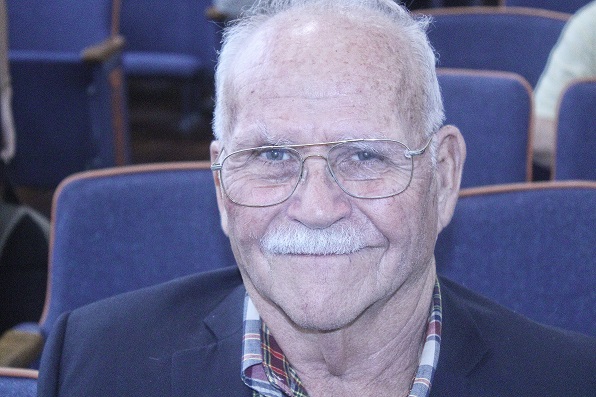
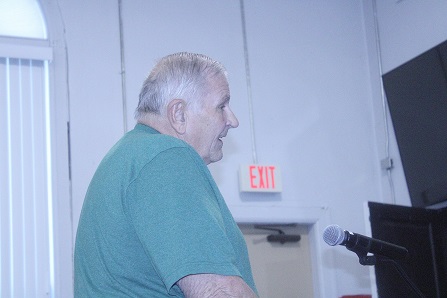
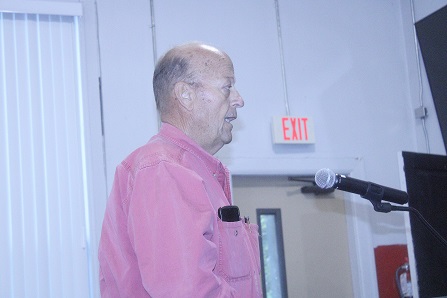
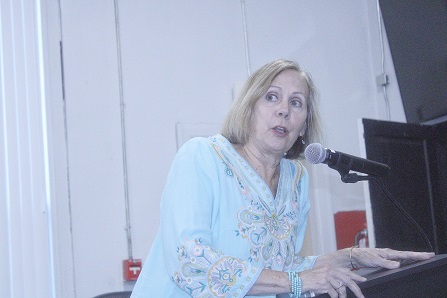
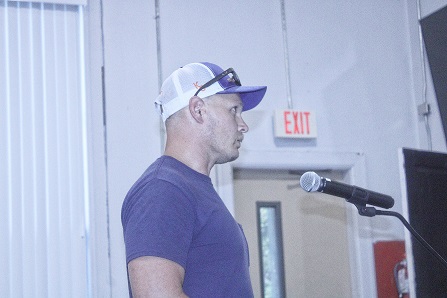
——————–
Farmland Preservation Workshop August 2, 2022; Posted August 6, 2022



